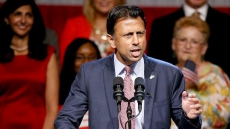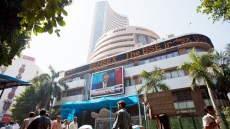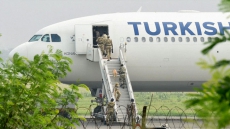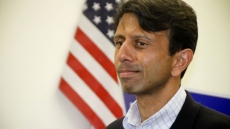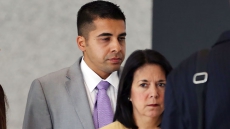Indian-American Republican presidential candidate Bobby Jindal has declined to say what he would do with the estimated 11 million undocumented immigrants, including about 300,000 Indians, living in the US.
"What we need from the federal government is to secure the border", with Mexico, Louisiana governor Jindal, who is trailing in national polls told CNN on Thursday.
The US doesn't need an amnesty plan or a "comprehensive approach" to dealing with the undocumented immigrant population living in the US, he said.
Jindal, according to CNN, didn't directly answer whether he would support or rule out a path to "legal status".
He insisted he would not discuss a plan for the millions of undocumented immigrants living in the US until the US-Mexico border is secured.
"I think the American people will be pragmatic and compassionate about the people here. But I don't think they want that as part of the discussion on securing border. We need to secure the border first," Jindal said, when pressed on his plan.

Jindal insisted that previous efforts to address illegal immigration have failed because politicians have looked to remedy both border security and the status of undocumented immigrants living in the country at the same time.
Jindal's comments come one day after Republican frontrunner Donald Trump told CNN that he would support a path to "legal status" for undocumented immigrants living in the US, but only after they leave the country and return through what Trump described as an "expedited process".
As for the details of Jindal's immigration plan that he would share, Jindal said the US needed a "higher wall" at the border and more resources to stop people from crossing into the US illegally.
Jindal said that he wanted to make legal immigration into the US easier, insisting that the immigration of individuals willing to assimilate and learn English would "make our country stronger".
One week after a gunman killed two people in a Lafayette theatre in his state, Jindal also told CNN that people should be allowed to carry guns anywhere in public, including movie theatres.
"I'm a big believer that where you are legally allowed to be, you should be able to have your Second Amendment rights as well," he was quoted as saying.
